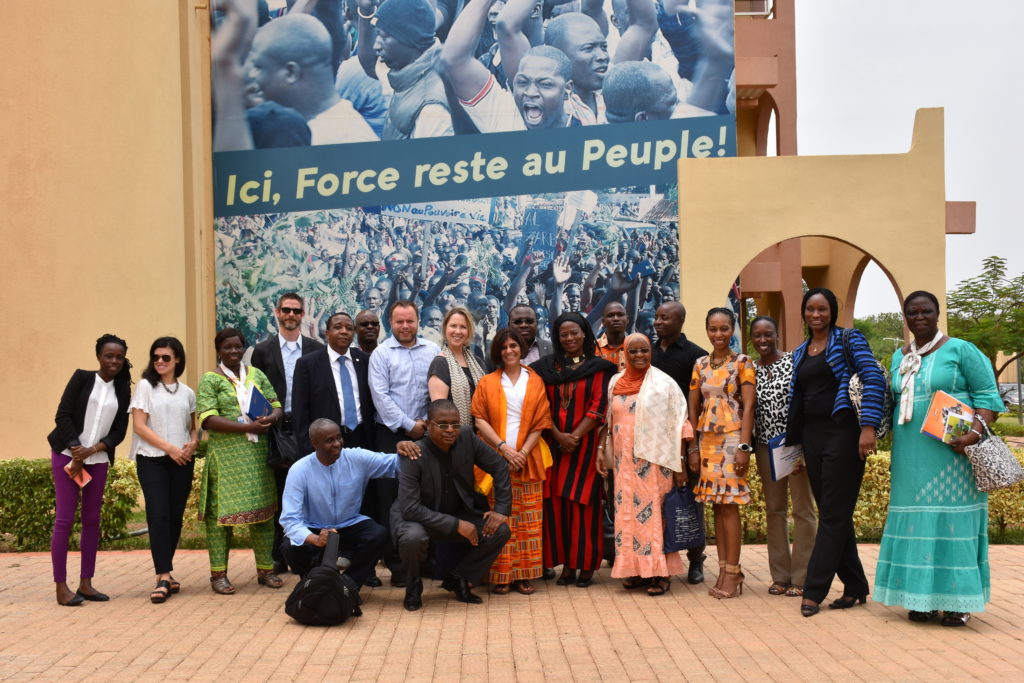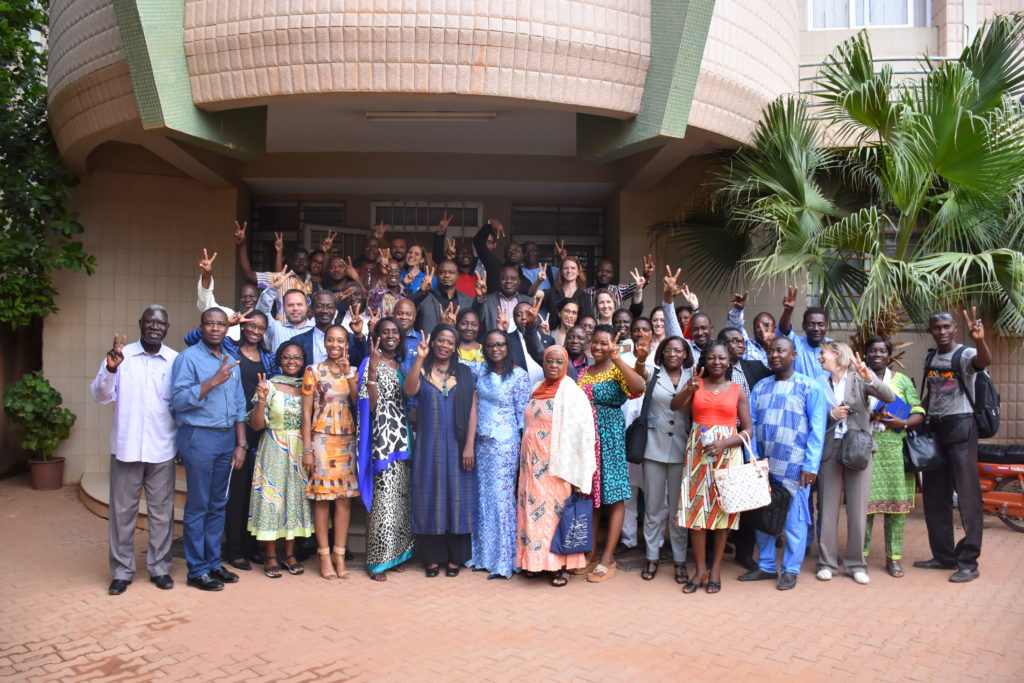In November, 2015, hundreds of thousands of young Burkinabe protestors forced longtime strongman Blaise Compare to resign.
Likened to the Middle East’s Arab spring, Burkina Faso’s “black spring” drew strength from millions of young people whose voices were not being heard and whose needs were not being met. This revolution was about bringing power back to the people.
In Burkina Faso, 80% of the population is under 35 years old. These youth – as youth around the world – increasingly see family planning as a tool to help them maintain control over their own lives and that can help the country address an enormous number of issues, including social unrest, education, employment, and the economy more broadly. But nevertheless, the old government made only modest investments in family planning and reproductive health services.
Now the situation is different and the Ouagadougou Partnership is poised to help Burkina Faso rapidly increase the availability of modern family planning methods to women and families, with strong support from millions of Burkinabe youth. The Partnership was launched in Ouagadougou, Burkina Faso in 2011, and since then it’s helped more than two million women across Francophone West Africa access reproductive health services to help them plan their families.

The Partnership works to support partners who understand the situations in countries and who have relationships with ongoing projects on the ground. So although progress was slow in Burkina between 2011 and 2015, the Partnership helped lay the groundwork for the future, building an infrastructure and network in the country it could turn to in the future. And that future is now. On a recent visit to Burkina Faso, the government welcomed the Partnership with open arms and lots (and lots) of ideas for how to accelerate progress on family planning. It was a stunning and much welcomed change from only a few years prior.

But this pattern is not unexpected. Globally, family planning progress often comes in fits and starts. Once conditions in Burkina Faso changed for the better, the Ouagadougou Partnership was already a well-oiled machine, ready to step in and get to work. This is an important lesson for those working in the social sector. So much of our work is about measuring progress and learning what works best. But sometimes the most valuable work comes before measurable progress. So, it’s (frustratingly) difficult to predict where and how to best focus our resources. In this case, the Partnership identified where their work could be most valuable, and prepared for just the right opportunity. And we’re all better off for it.
Video: Population Matters!
To understand why population matters, and why countries like Burkina Faso are investing in Family Planning, Redstone’s John Whitney helps us understand a little about what’s called the Demographic Dividend.